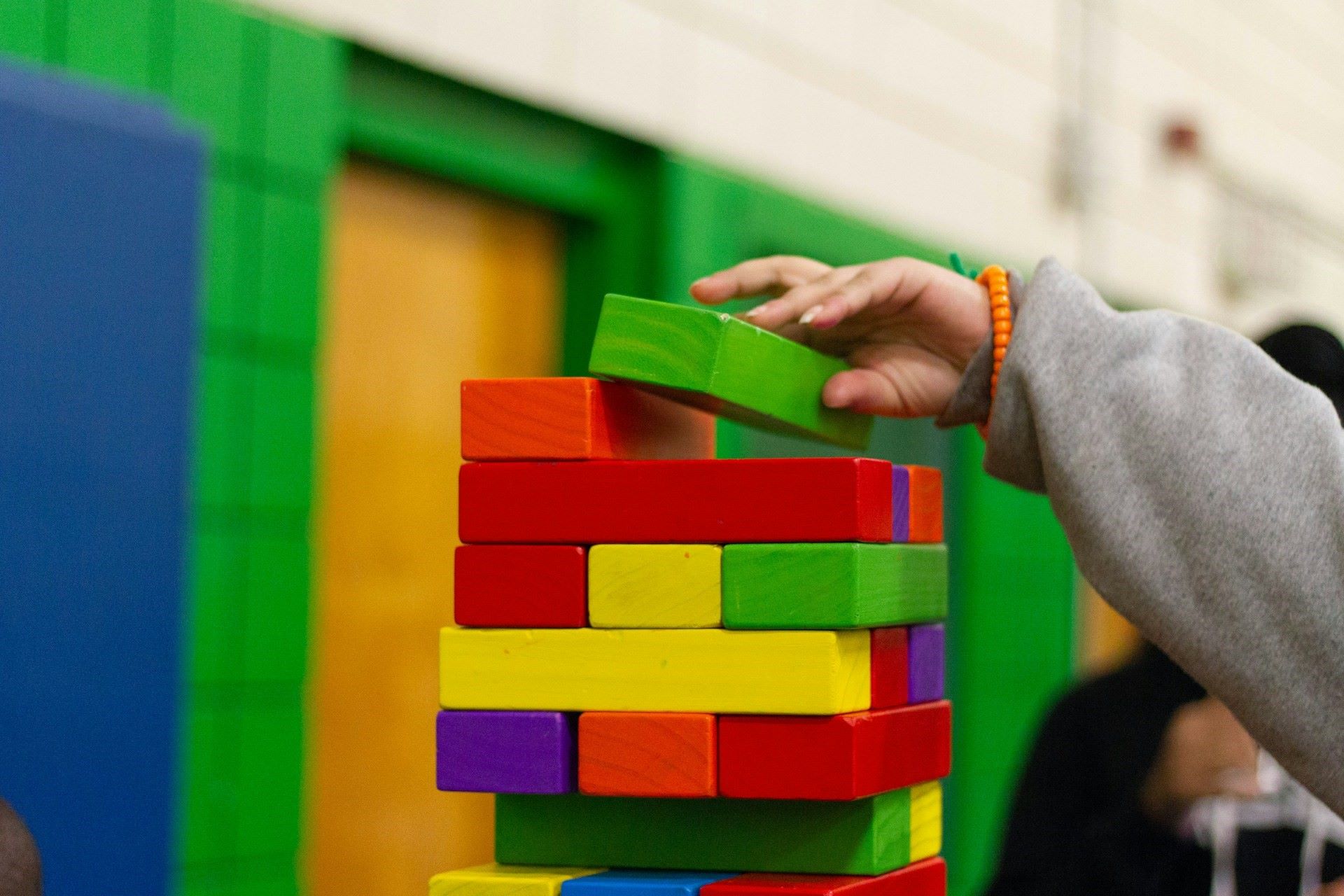Education continuously evolves to meet the needs of students. While many schools still rely on traditional teaching methods, the value of Montessori techniques in deepening learning is gaining recognition. Integrating Montessori methods into today’s education system can offer a more effective approach that caters to different learning styles.
Quick Overview:
- Individualized Learning – Focuses on each student’s natural learning pace.
- Development of Self-Discipline and Independence – Encourages students to take responsibility for their own learning.
- Hands-on Learning – Reinforces knowledge through practical experiences instead of passive lectures.
- Deeper Understanding – Helps students grasp concepts more thoroughly rather than just memorizing them.
What is the Montessori Approach?
Montessori is an educational method developed by Dr. Maria Montessori. Instead of adhering to a rigid curriculum, this approach allows students to learn at their own pace, making learning more effective. It does not force children to conform to a single teaching style, which may not suit everyone.
This method can be integrated into modern education without overhauling the entire school system. Instead, schools can adopt select Montessori techniques to enhance students’ learning experiences.
How Can Montessori Techniques Improve Traditional Education?
Focus on Individual Learning Abilities
Traditional classrooms follow a one-size-fits-all approach, where every student is expected to learn at the same pace. In contrast, Montessori emphasizes personalized learning, allowing students to progress based on their unique abilities and interests. This ensures that no student is left behind or held back.
With personalized learning, students can build confidence in their abilities. Teachers act as guides, helping students navigate challenges without unnecessary pressure. This approach fosters a love for learning that extends beyond the classroom.
Fostering Self-Discipline and Independence
Montessori students are encouraged to make decisions about their own learning. Instead of rigid schedules, they are given choices on what to prioritize, helping them develop essential time management and organizational skills. These abilities are crucial for lifelong success.
By taking ownership of their education, students develop responsibility at an early age. They learn the consequences of their decisions in a safe and supportive environment. This instills resilience and adaptability, which are vital for future success.
Hands-on Learning for Better Retention
Rather than relying solely on lectures, Montessori emphasizes the use of hands-on materials. For instance, instead of simply explaining fractions, students use manipulatives to physically interact with the concept. This approach improves comprehension and retention.
Students retain information more effectively when they engage with it in multiple ways. Hands-on learning helps bridge the gap between theory and real-world application. This method also keeps students actively involved, making learning more enjoyable.
Encouraging Deep Understanding Over Memorization
Many traditional schools focus on rote memorization to pass exams. In contrast, Montessori encourages students to explore and discover answers themselves. This fosters critical thinking and ensures a stronger grasp of concepts.
When students understand the ‘why’ behind a concept, they can apply it in different contexts. This deeper understanding leads to better long-term retention and problem-solving skills. Encouraging exploration also nurtures a sense of curiosity and a growth mindset.
How Can Montessori Techniques Be Integrated into Modern Classrooms?
Flexible Learning Spaces
Instead of confining students to a single desk all day, schools can create flexible learning environments. Designated areas for reading, science exploration, and creativity can provide students with a more dynamic learning experience.
Flexible environments encourage movement and collaboration among students. They allow for spontaneous engagement and social learning. This structure helps accommodate different learning styles, making education more inclusive.
Project-Based Learning
Project-based learning aligns with the Montessori philosophy by emphasizing real-world applications. Instead of merely studying theoretical concepts, students engage in experiments and projects to deepen their understanding.
This approach enhances problem-solving skills by requiring students to think critically. It also encourages teamwork, as students often collaborate on projects. Ultimately, this fosters a sense of ownership and pride in their work.
Self-Paced Learning in Select Subjects
Subjects like math and reading can incorporate self-paced learning, allowing advanced students to move ahead while providing extra time for those who need it.
This method reduces academic pressure and frustration. Students can revisit complex topics until they fully understand them. It ensures that learning remains a positive and rewarding experience.
Encouraging Exploration and Curiosity
Children are naturally curious. Schools can nurture this by allowing students more time to explore topics of interest. For example, if a child is fascinated by astronomy, they could be given access to a telescope and related materials for deeper learning.
Curiosity-driven learning promotes independent thinking. It helps students develop a passion for subjects that interest them. Encouraging exploration leads to lifelong learning habits.
What Are the Benefits for Students?
Integrating Montessori techniques into modern education can have profound effects on students:
- Increased Engagement – Learning becomes more interactive and enjoyable. Students actively participate in lessons instead of passively receiving information. This fosters a deeper connection to the material.
- Better Decision-Making Skills – Encourages students to take control of their learning. By making choices about their education, they develop critical thinking skills. This prepares them for independent decision-making in real life.
- Stronger Critical Thinking and Problem-Solving Abilities – Prepares students for real-world challenges. They learn how to analyze problems and develop creative solutions. These skills are essential for success in higher education and professional careers.
- Enhanced Confidence and Creativity – Helps students develop self-assurance in their abilities. When students are given the freedom to explore their interests, they gain confidence in their skills. Creativity flourishes when they are encouraged to experiment and innovate.
Many schools worldwide are beginning to incorporate Montessori-inspired techniques into their curricula. Research indicates that this educational approach positively impacts academic performance, creativity, and self-confidence.
Education is not just about achieving high grades; it should equip students with the skills to think critically, explore, and understand deeply. By integrating Montessori techniques, we can create a more effective and meaningful learning experience that prepares students for the future.
